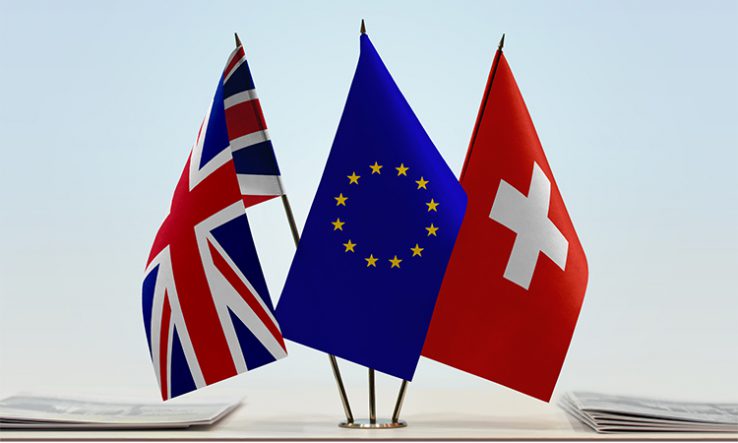
The Stick to Science campaign needs EU researchers to speak up, says Vivienne Stern
The Stick to Science campaign, urging an end to delay to UK and Swiss participation in Horizon Europe, launched on 8 February. Since then, it has gathered more than 3,500 signatories, including 12 Nobel Prize winners, three Fields Medallists and over 250 leaders of universities, research institutes, funding agencies and major associations.
Across Europe, 170 organisations have joined the campaign, and it has reached more than 3.5 million people via Twitter. It is, as the Nobel-winning astronomer Didier Queloz of the University of Cambridge said in a recent article in the Financial Times, a “collective howl of protest issued by the scientific leadership of Europe”.
Two questions that matter at the moment are: why is it happening now, and will it make any difference?
The answer to the first is complicated. For the past six years the battle to keep the UK a part of EU research and innovation programmes has dominated my professional life. We tried to make sure that the public and politicians understood their significance during the referendum debate. When the UK voted for Brexit, we argued that continued participation was in the UK and EU’s mutual interest. We were delighted when both sides committed to this outcome in the Trade and Cooperation Agreement, finalised on Christmas Eve 2020.
More than a year later, that agreement still stands, but no practical progress has been made towards admitting the UK to the programme. I believe that George Freeman, the UK science minister, would sign tomorrow. The Commission, however, is linking finalisation of the association agreement to wider political factors, especially the implementation of the Northern Ireland Protocol.
Meanwhile, Swiss scientists are also in the waiting room. Their situation is different, but Swiss participation in Horizon Europe has also been linked to wider discussions on EU-Swiss relations and harmonising the treaties that underpin them.
This situation cannot go on forever. My fear is that, after long years of seeking the goal of association, we are on the cusp of snatching defeat from the jaws of victory.
Money to spend
The UK government has set aside a budget for participation in Horizon Europe. It is a significant sum—£6.9 billion over three years—and we can’t sit on this forever. That funding needs to flow into research projects.
If that money can’t be spent on Horizon Europe, the UK government needs to put in place other ways to get it into researchers’ hands. Those mechanisms will take time to develop, and require serious consultation and discussion.
Discussions between the UK science community and government about domestic alternatives to EU schemes are getting increasingly serious, granular and public—as they must. At some point the UK is going to have to stop talking and get on with it. The door to post-Brexit association to Horizon Europe is closing fast.
Similarly, Switzerland has budgeted SFr5.4bn for association over 2021-27. It is also currently developing transition schemes to secure funding for participation as a third-party country not associated to the programme, and working on domestic, complementary instruments to compensate researchers for missing out on EU grants.
The Stick to Science campaign aims to make sure that EU political leaders make an informed choice and that the wider scientific community in Europe realises the urgency of the situation. I think, at best, we have a matter of months; at worst, weeks.
The second question troubles me deeply. Will the campaign make any difference? Perhaps it is a triumph of hope over experience. But we feel we must try.
Use your influence
The concept is simple. Neither the UK nor the Swiss scientific community is in a position to change the European Commission’s mind. But perhaps Brussels will listen to the scientific elite of EU member states? Perhaps national governments will listen to their own researchers and talk the Commission out of using Horizon Europe as a political bargaining chip?
The campaign will only succeed if people are willing to do more than put their names to the statement. We need individuals to use their influence, to recruit their friends, to write to their science ministers and to persuade the leadership in their systems to influence heads of government across Europe.
So my message is this: if you agree with us that it would be a tragedy for the UK and Switzerland to remain outside Horizon Europe because of wider political disputes that have nothing to do with science, use whatever networks and influence you have to help us now, before it is too late.
Vivienne Stern is the director of Universities UK International
This article also appeared in Research Europe